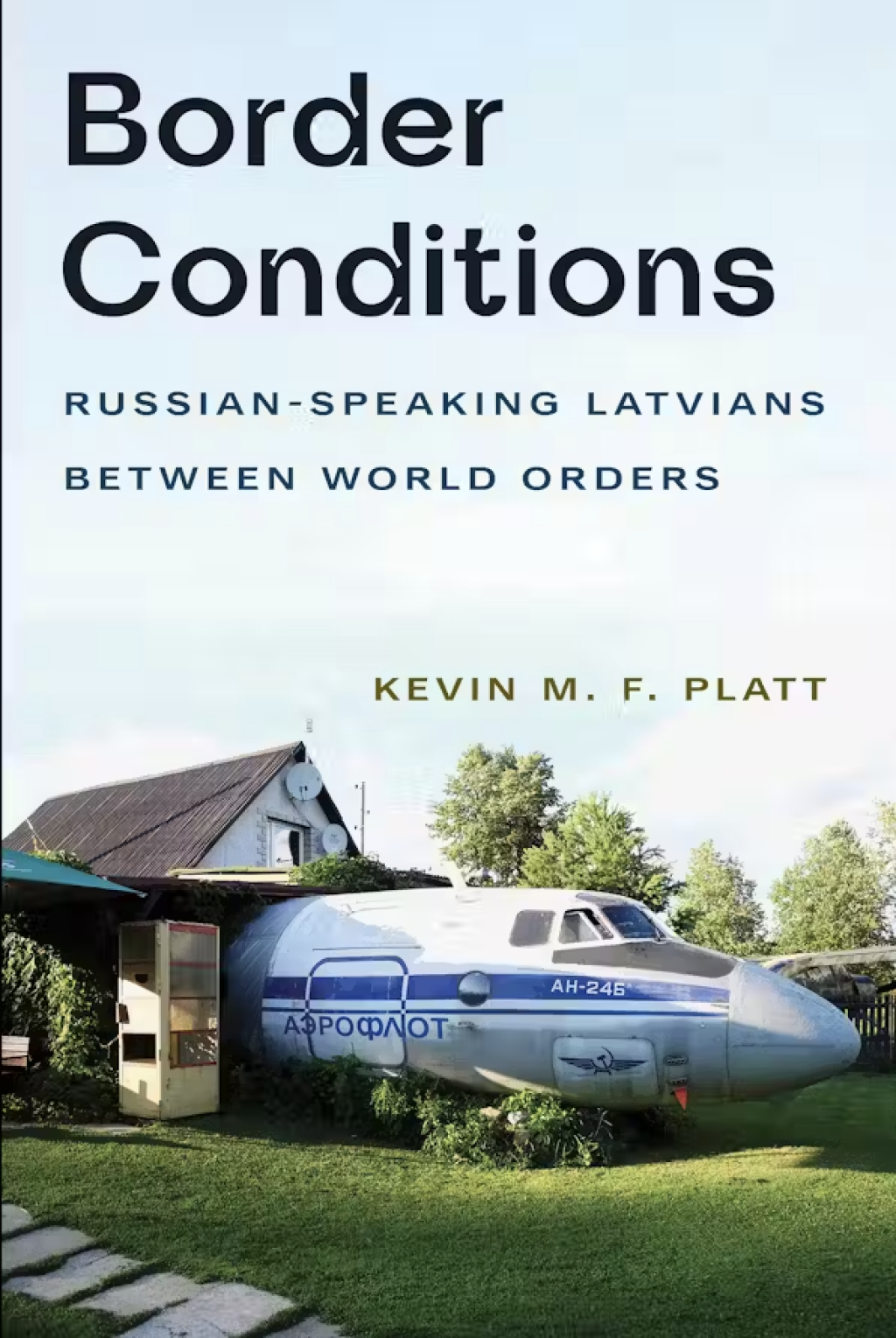Valery Dzutsati is an Assistant Professor of Practice in the School of Anthropology, Political Science, and Sociology at Southern Illinois University. His research interests include interstate and civil conflict, democratization, politics and religion, state-making processes, and collective action, with an empirical focus on Eastern/Central Europe and Northern Eurasian countries. His co-authored book, Defection Denied: A Study of Civilian Support for Insurgency in Irregular War, appeared from Cambridge University Press in 2022.
Dinara Rakhmatullayeva is a Senior Lecturer at the Higher School of Economics and Business at Al-Farabi Kazakh National University. Her research interests include foreign direct investment in Central Asia, the business climate in Kazakhstan, the social effects of investments, the private equity market, ESG, and digital finance in developing countries. She has co-authored books on macroeconomics, enterprise economics, and economic policy from 2018 to 2020.
How does the Internet affect individual trust in government and political participation in Central Asia? We analyzed 11 waves of Central Asian Barometer surveys and found that the impact of the Internet on public attitudes depends on how it is used. We distinguish between “passive” and “active” Internet usage. The former signifies browsing, reading the news, and similar, while the latter means content creation—posting on social media, blogging, etc. We find that more passive Internet use is associated with lower trust in the government and a lower likelihood of participation in elections. Conversely, more active Internet use is associated with higher trust in the government and a higher likelihood of participation in elections.
We argue that higher rates of passive Internet use in authoritarian contexts, like the Central Asian region, mean that respondents are more exposed to alternative views that are often orthogonal to official narratives. For example, readers may be more familiar with the views of the opposition, which frequently disseminates information via an Internet that the authorities cannot control. This discrepancy creates distrust toward the government and its institutions, such as elections. Elections in Central Asia —these attitudes are measured only for Kazakhstan and Kyrgyzstan—are widely considered not to be free or fair.
In Central Asia, Internet content creators are usually under pressure to avoid criticizing the authorities. Regional governments have adopted various surveillance methods, for example. We suggest that, over time, content creators internalize their obedient attitudes, which are then reflected in surveys. In addition, we point out that those content creators who criticize their government will not indicate themselves as content creators in surveys to keep their anonymity and avoid a government backlash. This leads to overrepresentation of docile content creators in surveys. We recognize that much nternet content creation is not concerned with political and sensitive topics. For some content creators, their activities on the Internet comprise a profitable business, and they have a vested interest in retaining good relations with the authorities to protect their trade.
In addition, we explore the effects of getting the news from the Internet and government-sponsored media. Not surprisingly, respondents who primarily use the Internet to receive domestic news tend to indicate lower trust in the government and a lower propensity to vote in the elections than individuals who receive news from other sources. Conversely, respondents who receive their news from government sources like national TV report higher trust in the government and a higher likelihood of voting.
Although all Central Asian countries are normally referred to as authoritarian states, experts and scholars also recognize that there are variations among them. In particular, Kazakhstan and Kyrgyzstan are considered to be somewhat less authoritarian than Turkmenistan, Tajikistan, and Uzbekistan. Our biannual survey data covers 2017-2022 and does not include Turkmenistan. The analysis shows that, indeed, public opinion in Kazakhstan is similar to that in Kyrgyzstan, while public opinion in Uzbekistan is more closely aligned with that in Tajikistan. Moreover, it appears that, on average, respondents express higher trust in the government in arguably more authoritarian Uzbekistan and Tajikistan than in more pluralist Kazakhstan and Kyrgyzstan, see Figure 1.
We observe this relationship between regime type and political participation also when we zoom in to compare respondents’ attitudes in Kazakhstan and Kyrgyzstan. On average, respondents in Kyrgyzstan, the most pluralist society in the region, indicate a lower degree of political participation than respondents in Kazakhstan, see Figure 2.
We suppose that respondents in more pluralist societies feel freer to express their true attitudes toward the government and state institutions, which is why, ironically, respondents in more pluralist societies might indicate lower trust in the government than respondents in societies with more rigid political regimes.
A democracy level indicator from the Varieties of Democracy project shows that throughout 2017-2023, democracy in the most rigid regimes in the region—Tajikistan and Turkmenistan—remained flat, while Kazakhstan and Uzbekistan experienced a slight improvement. The most pluralist society in the region, Kyrgyzstan, saw a downward trend during the same period, see Figure 3.
Survey data shows that Internet penetration significantly expanded in the Central Asian region during the COVID-19 pandemic, which is consistent with observational data that indicates the rapid expansion of Internet infrastructure in the region. Kazakhstan, Kyrgyzstan, and Uzbekistan lead the increase in Internet penetration.
The change makes research on the effects of the Internet on political trust and participation particularly relevant. As the expansion of the Internet in Central Asia is a relatively new phenomenon, the relationships we find at this time might change. For example, regional governments might become more adept at controlling the Internet, or, on the contrary, civil society might be strengthened by the availability of new means of communication.







